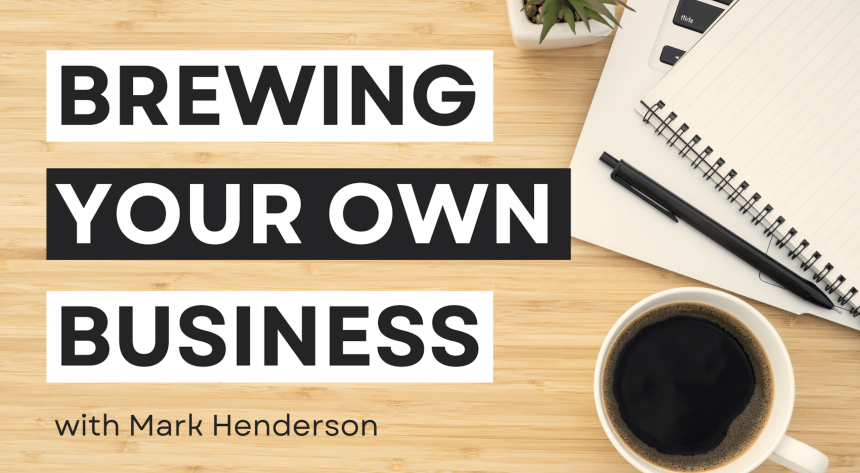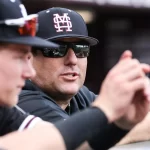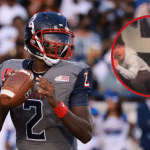As part of my engineering business, I sometimes have to travel to some pretty remote places.
I have been on a work boat in the Atlantic, with a small crew, and nothing but water for hundreds of miles. If you have a severe accident, you most likely won’t make it. I have been in the middle of the desert in Yuma, Ariz. with a ground temp of 115 degrees and 30 miles per hour winds. You can actually feel the wind sucking the water out of you. It’s so hot out there that the lizard part of your brain is feeding adrenaline into your system because it knows that if you lose the trail, you will die before help arrives.

But none of those experiences compare to the loneliness I have experienced as an entrepreneur.
Part of being in business is attending the functions and building support in your local community — not only of the customer base but also of the leadership in the community. You never know when you might need a politician to make a phone call to get a permit in record time.
We go to the chamber of commerce events so that we know all the insurance agents. You never know when your policy might get canceled and you will need a new one in less than 30 days. At these meet and greets, everyone asks, “How’s business?” There’s only one answer: “Never better.”
It doesn’t matter how bad today was, whether you issued a product recall, had a large customer not pay their bill on time, or had five employees call out sick and you just lost a day’s worth of production while still paying the other 25 that did show up. We all put on this positive face — masking the truth of what we really feel. That’s not faking it. It’s called professionalism.
Being in a leadership position means that you fundamentally are in a place where no one else is or can be. You can’t share the load, you can’t pass the buck, you can’t let your competition see you as weak, you can’t let your employees know how tenuous the company really is, and you can’t be honest with anyone about how you haven’t slept in three weeks. If people lose confidence in you, they abandon you.
The week before Christmas in 2008, I gathered all of my employees together for an all-hands meeting. The stock market crashed in September — there has to be some cosmic reason that the end of August and early September seems to be a nexus— kicking off what would come to be known as the Great Recession.
High fuel prices set off a cascade of events, that resulted in the collapse of Lehman Brothers because they were making bad bets (re: credit default swaps). Everyone saw their 401k go down by 50% or more, and no one went out to eat for the next three months.
At the time, we had really just installed a bottling line and were just starting to make inroads in the off-premise world. But, 83% of our products were enjoyed in restaurants, on tap, or out of a keg. Going into September of that year, we had two weeks of inventory in the system (very thin); the week after the crash, we had four months of inventory in the system for a product with only a three-month shelf-life.
We went from brewing and selling 600BBL of beer every month to basically zero. For three months. The typical small business knows that they must plan for the bad days. But that early in a business plan, and recovering from Hurricane Katrina, we only carried two months of cash. Any more, and we would have deployed it towards our growth strategy: equipment, efficiency, people, or training. That week before Christmas, we were out of cash again. I gathered everyone up and let them all know that everyone got paid through the end of the year and everyone got Christmas, but I had no idea if we would be able to make payroll in January.
It ranks as one of the worst decisions I have ever made. We lost several of our best employees in the following days, as they went and found better jobs with better leadership. I can’t blame them. I fueled their doubt. They were no longer engaged in helping to get us through the crisis. They were jumping ship. I shudder when I hear people talk about the virtues of “Open Book Management.” Maybe it works in some circumstances, but I learned my lesson in November 2008.
As leaders, we have to protect our people. I had embraced that, but at that moment, I was weak. I shared my pain with others, and they weren’t prepared or able to handle the doubt. In hindsight, I should have set aside enough cash to give them an appropriate severance, to protect them until the end, and rallied the troops into doing what was needed to give us a shot at making it.
Leslie and I didn’t have Christmas that year. We were broke. We spent our last few dollars on the payroll. We came back in January to some really great people that stayed to see how it would end, and the calls started rolling in.
Inventories were depleted, and people were spending money again. Sales ramped almost instantly from nothing to back to where they were before the crash. I would like to be able to claim that it had something to do with actions that we did take: in the last couple of months of the year, we put everyone on a truck with a distributor, absolutely everyone. We also refocused all our efforts from kegs to bottles. We thought that people would always be drinking, just perhaps in new ways.
The problem now was that we were now short some of our best and brightest. The next six months were brutal because we lost them.
When I talk to other entrepreneurs and leaders, I no longer shake their hands and ask, “How is business?” I hug them, and I let them know, “I believe in you.” The greatest gift that you can give to someone that is alone, is to let them know that even though you can’t take their pain away, you can at the very least help them face it.
Missed out on previous BYOB articles? Catch up here.
The views expressed by contributors are their own and not the views of SuperTalk Mississippi Media.







